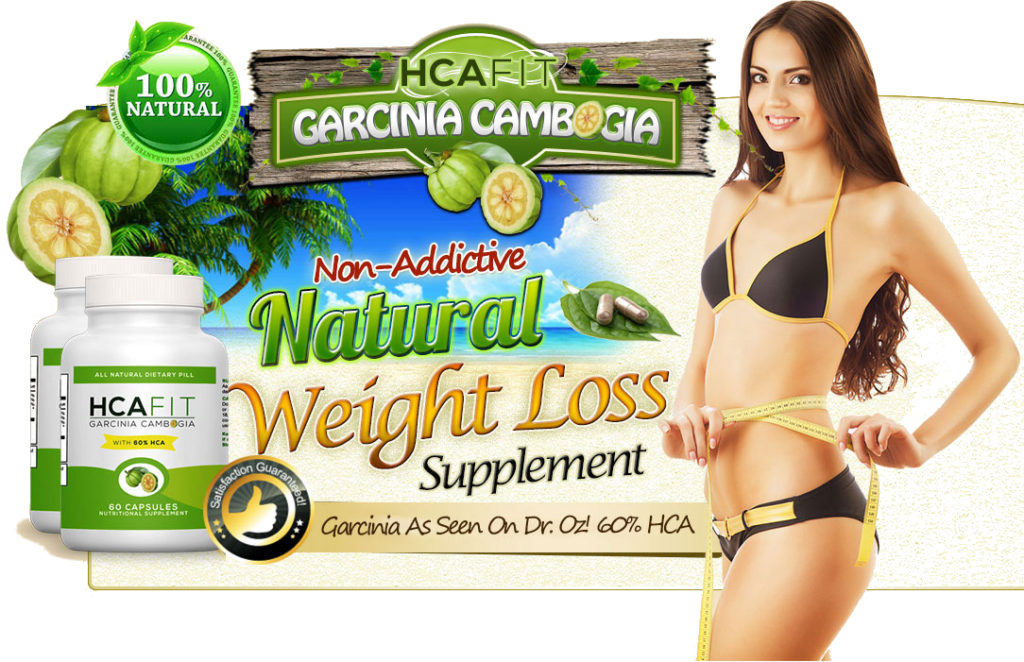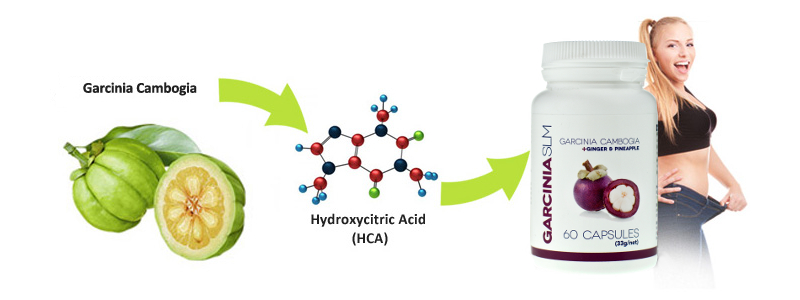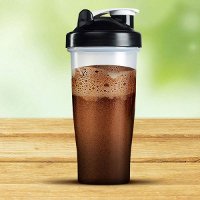Hydroxycitric acid (HCA – C6H8O8) is a derivative of citric acid that is found in a variety of tropical plants including Garcinia Cambogia and Hibiscus Subdariffa[1].
Isomers of hydroxycitric acid HCA
There are four isomers:
- (+)- and (-)-hydroxycitric acid,
- (+)- and (-)-allo-hydroxycitric acid.
The (-)-hydroxycitric acid isomer is the one found in Garcinia Cambogia[2].
Biological effects of hydroxycitric acid HCA
(-)-HCA is a competitive inhibitor of ATP citrate lyase, which converts citrate into oxaloacetate and acetyl CoA[2]. The reverse of this conversion is a step in the citric acid cycle.
Laboratory and animal studies of HCA have produced results that indicate a potential for modulation of lipid metabolism[3]. There is no common agreement among the researchers on what effect does HCA exert in terms of weight loss or reduction of fat mass[4][10]. A meta-analysis published in 2010 revealed that gastrointestinal adverse effects were twice as likely for users of hydroxycitric acid. The use of HCA is contraindicated in patients suffering Colitis or Inflammatory Bowel Disease[5].
HCAFit ™ – Garcinia Cambogia Extract

Researchers at the University of Houston reported hydroxycitrate is capable of dissolving calcium oxalate crystals, a component of human kidney stones. This is an unusual effect because it is rare for a crystal to dissolve while in a supersaturated growth solution. The researchers believe the effect could lead to the development of new drugs for human kidney stones[9].
References & External links
- Yamada T, Hida H, Yamada Y (2007). “Chemistry, physiological properties, and microbial production of hydroxycitric acid”. Appl. Microbiol. Biotechnol. 75 (5): 977–82.
- Jena et al 2002, Chemistry and Biochemistry of (−)-Hydroxycitric Acid from Garcinia, Journal of Agricultural and Food Chemistry 50(1):10-22.
- Shara M, Ohia SE, Yasmin T, et al. (2003). “Dose- and time-dependent effects of a novel (−)-hydroxycitric acid extract on body weight, hepatic and testicular lipid peroxidation, DNA fragmentation and histopathological data over a period of 90 days”. Mol. Cell. Biochem. 254 (1–2): 339–46.
- Heymsfield SB, Allison DB, Vasselli JR, Pietrobelli A, Greenfield D, Nunez C (1998). “Garcinia cambogia (hydroxycitric acid) as a potential antiobesity agent: a randomized controlled trial”. JAMA. 280 (18): 1596–600.
- Igho O, Shao K, Rachel P, Barbara W, Edzard E (2011). “The Use of Garcinia Extract Hydroxycitric Acid as a Weight loss Supplement: A Systematic Review and Meta-Analysis of Randomised Clinical Trials”. J Obes. 2011 (622): 849.
- Saito M, Ueno M, Ogino S, Kubo K, Nagata J, Takeuchi M (2005). “High dose of Garcinia cambogia is effective in suppressing fat accumulation in developing male Zucker obese rats, but highly toxic to the testis”. Food Chem. Toxicol. 43 (3): 411–9.
- Madhusudan Soni Burdock Group (2005). “Garcinia cambogia toxicity is misleading”. Food and Chemical Toxicology. 43 (11): 1683–1684.
- Hayamizu, K; Tomi, H; Kaneko, I; Shen, M; Soni, MG; Yoshino, G (2008). “Effects of Garcinia cambogia extract on serum sex hormones in overweight subjects”. Fitoterapia. 79 (4): 255–61.
- Chung J, Granja I, Taylor M, Mpourmpakis G, Asplin J. “Molecular modifiers reveal a mechanism of pathological crystal growth inhibition”. Nature.
- ONAKPOYA, Igho; HUNG, Shao Kang; PERRY, Rachel; WIDER, Barbara; ERNST, Edzard. The use of Garcinia extract (hydroxycitric acid) as a weight loss supplement: a systematic review and meta-analysis of randomised clinical trials. Journal of obesity, 2010, 2011: 44.
- Evaluation of the pharmacotherapeutic efficacy of Garcinia cambogia plus Amorphophallus konjac for the treatment of obesity, Carlos A. R. Vasques, Simone Rossetto, Graziele Halmenschlager, Rafael Linden, Eliane Heckler, Maria S. Poblador Fernandez, José L. Lancho Alonso, Phytotherapy Research Volume 22, Issue 9, pages 1135–1140, September 2008
- Garcinia cambogia (Hydroxycitric Acid) as a Potential Antiobesity Agent: A Randomized Controlled Trial, Steven B. Heymsfield, MD; David B. Allison, PhD; Joseph R. Vasselli, PhD; Angelo Pietrobelli, MD; Debra Greenfield, MS, RD; Christopher Nunez, MEd, JAMA – The Journal of the American Medical Association (1998;280(18):1596-1600)
- Hydroxycitric acid (Wikipedia) – https://en.wikipedia.org/wiki/Hydroxycitric_acid.
Available under conditions of the license:![]() https://creativecommons.org/licenses/by-sa/3.0/deed.en
https://creativecommons.org/licenses/by-sa/3.0/deed.en
Translations
| The article "Hydroxycitric acid HCA" in other languages | |
|---|---|
| Kwas hydroksycytrynowy HCA po Polsku: Kwas hydroksycytrynowy HCA |  |













Comments
“Hydroxycitric acid HCA”